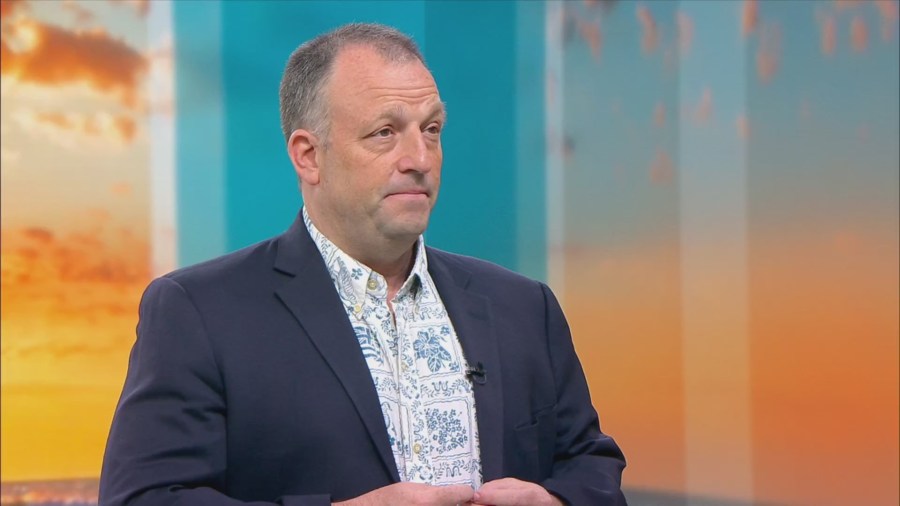HONOLULU (KHON2) — A new report from the University of Hawaii Economic Research Organization forecasts a mild recession in the islands over the next year, with the weakening US economy threatening a potentially deeper downturn due to President Donald Trump’s tariffs and trade policies.
Gov. Josh Green thinks that economic pain is already here.
“I think we are in a mild recession now already,” Green said. “It hurts when, of course, they add tariffs and then also make certain threats on Canada. And Canada represents an important part of our market, so we’re trying to bring more people back in a sensible way.”
Big tax breaks continue to be a light at the end of the tunnel for the governor, who says that’s one of the ways he can best deal with the economic conditions.
“Also, there are a lot of jobs available, but they’re not jobs that are high enough paying. So we have to kind of evolve the economy. So we want to bring more film tourism, while we want to bring more sports tourism to refill, kind of some of those travelers that won’t come to Hawaii, but there are lots of challenges again, because the tariffs are there and because there’s a general kind of downward pressure on the economy,” Green said. “What you can see also is, I’m going to make a significant overture. Even today, I’m speaking with the secretary of the Army to bring billions of dollars of extra investment into our state, to do land returns, to do mitigation of some of the unexploded ordinances, to do more potential for housing growth, which we need for our people.”
Green doesn’t think the recently passed Green Fee, which places a tax on visitors to help with the environmental impacts of tourism, will deter visitor spending.
“I found people to be very accepting and responsive, even positive about it, because they know they’re contributing to a greater good. It sets us apart in an interesting way. Plus, those monies go to basically stabilize our tourism economy, and that’s good because that’s an investment we’ve needed to make for a long time,” Green said. “Also, some of those monies will go towards protecting us against wildfires, against damage from hurricanes, against flooding. All those dollars would otherwise come from our taxpayers. Instead, they come from travelers. It was something we had to do.”
The .75% increase to the state’s Transient Accommodation Tax hikes the TAT to 11% for tourism-related activities, including hotels and cruise ships. To break that down, for every $400 spent, $3 will go towards natural resource protection.
To see UHERO’s entire report, visit their website.
